Navigating Chapter 7: Selling Property with Confidence
When faced with overwhelming financial challenges, individuals and families often explore the possibility of bankruptcy as a way to address their problems. Among the various types of bankruptcy, Chapter 7 bankruptcy stands out for its potential to offer a fresh start by eliminating specific debts. This leads to an essential query: “Do Chapter 7 bankruptcy filers have to sell their property?”
In this guide, we will thoroughly examine this question and provide clarity on the complexities of selling property during a Chapter 7 bankruptcy process.
While the legal process may initially appear complex, having our bankruptcy attorneys at The Rollins Law Firm in Ridgeland, MS by your side can significantly ease the journey, helping you make well-informed decisions.
Do you need guidance concerning this complex bankruptcy issue? Contact us now to schedule a free consultation.
Understanding Chapter 7 Bankruptcy
Chapter 7 bankruptcy, commonly known as “straight or liquidation bankruptcy,” is structured to provide individuals with a way to overcome substantial debt and embark on a renewed financial journey. This process entails the sale of assets not protected by exemptions, managed by a bankruptcy trustee. The money generated from these sales is then applied to repay creditors as much as can be managed. Nevertheless, the thought of possibly losing personal belongings can create significant worry, prompting the question: “Do Chapter 7 bankruptcy filers have to sell their property?” This question raises concerns for many considering bankruptcy.
What are the Eligibility Requirements of a Chapter 7 Bankruptcy?
To determine if an individual meets the criteria for Chapter 7 bankruptcy, two primary factors come into play. Firstly, the income must fall below a certain threshold, and secondly, Chapter 7 bankruptcy should not be filed within the past eight years. The income requirements differ depending on the size of a family. For instance, for an individual in the state of Mississippi, the median income is approximately $45,002 annually. But for a family of four, the median income is around $80,158 per year. If the monthly income is less than the median value for a household size, then the individual satisfies the mean value needed and qualifies for Chapter 7 bankruptcy.
Even if the income is higher than Mississippi’s average, an individual might still meet the criteria for Chapter 7 due to the necessary expenses after a bankruptcy. These could include things like mortgage and car payments, child support, payroll taxes, health insurance, and contributions for mandatory retirement. The key is that the remaining income must be lower than required to make payments on non-collateral debts. In this way, a person can still potentially qualify for Chapter 7 bankruptcy, even if their income seems higher than the average.
Co Chapter 7 Bankruptcy Filers Have to Sell Their Property?
When faced with Chapter 7 bankruptcy, one of the most pressing concerns for many individuals is the fate of their property. Will they have to part with their cherished assets? Let’s break down what happens in a Chapter 7 bankruptcy scenario.
Exempt and Non-exempt Properties
Not all properties will be taken away or sold in a Chapter 7 bankruptcy:
- Exempt Property: This refers to assets that bankruptcy laws protect from creditors. These might include certain amounts of equity in a home (often referred to as a homestead exemption), modest personal vehicles, reasonably necessary clothing, and household goods. Additionally, tools used for the filer’s trade or profession might be considered exempt. Each state has its list of exemptions, and some federal exemptions might also apply.
- Non-exempt Property: These are assets not protected by an exemption. It could include luxury items, bank accounts, bonds, stocks, or second homes. The trustee might sell these non-exempt properties to repay some of the debtor’s outstanding debt.
Do You Always Lose Property in Chapter 7 Bankruptcy?
No. In many Chapter 7 cases, debtors don’t lose any property at all. These are often termed “no-asset” cases. If all of a debtor’s property is exempt, there would be no liquidation, and hence, no property would be sold.
Keeping Secured Debts
If a filer wishes to keep properties like a home or car, which are collateral for secured debts, they often have to reaffirm their commitment to continue paying these debts. This is called “reaffirming” the debt. If the filer doesn’t reaffirm the debt or falls behind on payments, the lender might have the right to take the collateral.
While the thought of filing for Chapter 7 bankruptcy might be daunting, it doesn’t always mean that filers will lose their properties. A lot depends on the nature of the assets and the specific exemptions available in the debtor’s state. It’s crucial to consult with our bankruptcy attorney at The Rollins Law Firm to understand individual circumstances and potential outcomes.
Bankruptcy Discharge in Chapter 7
In the Chapter 7 bankruptcy process, the discharge phase is typically the final phase and a key event representing the legal elimination of certain debts and freeing the debtor from the obligation to pay them. This discharge usually happens about four months after filing the petition and distinguishes between exempt and non-exempt properties, determining what can and cannot be liquidated to pay off creditors.
While many debts, including credit card balances and medical bills, are dischargeable, others such as student loans and recent tax debts are not. It’s crucial to understand that a Chapter 7 discharge doesn’t eliminate liens on property, meaning secured creditors may still repossess non-exempt property if payments are not maintained.
The bankruptcy discharge offers the debtor a fresh financial start by relieving burdensome debts, but it’s not without complexity, particularly regarding exempt and non-exempt properties and their treatment in the process.
Given the nuances of Chapter 7, consultation with our bankruptcy attorney is highly recommended, especially to navigate the distinctions between exempt and non-exempt properties and the implications of discharge.
Navigate Chapter 7 with Our Ridgeland Bankruptcy Attorneys
Do Chapter 7 bankruptcy filers have to sell their property? The answer isn’t black and white. Whether assets must be sold during Chapter 7 bankruptcy depends on various factors, including property type, value, and state exemption laws. While the prospect of selling assets might be worrisome, the guidance of our experienced bankruptcy attorney can provide clarity and confidence during this challenging phase.
At The Rollins Law Firm in Ridgeland, MS, our legal team is wholly committed to helping you navigate the complexities of Chapter 7 bankruptcy. We understand that each person’s situation is unique, and our solutions are tailored to protect your assets while charting a path to a brighter financial future. Contact us today to schedule a complimentary free consultation and take the initial step toward securing your financial freedom.

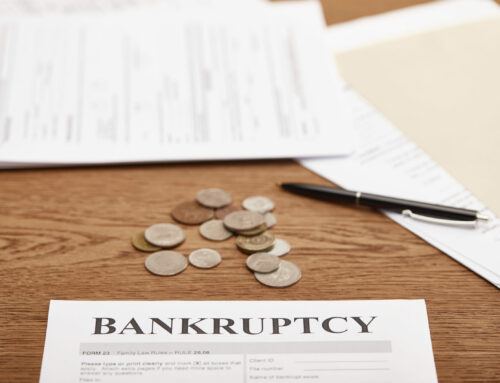
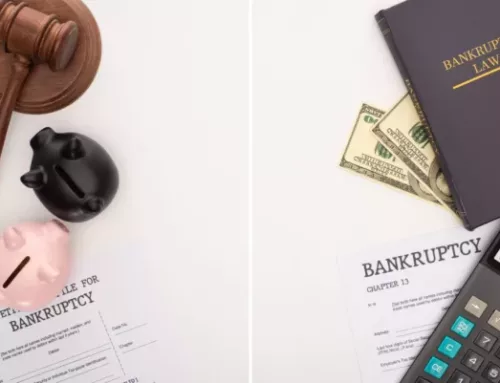
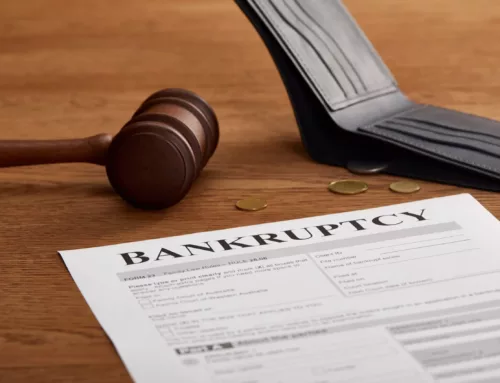
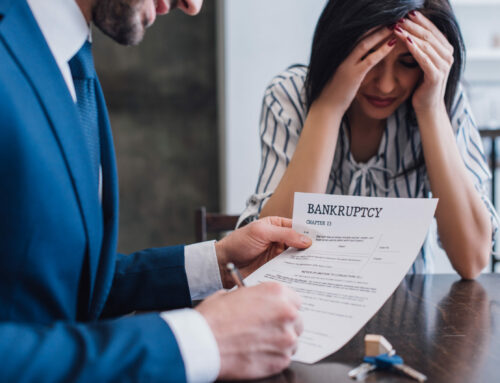

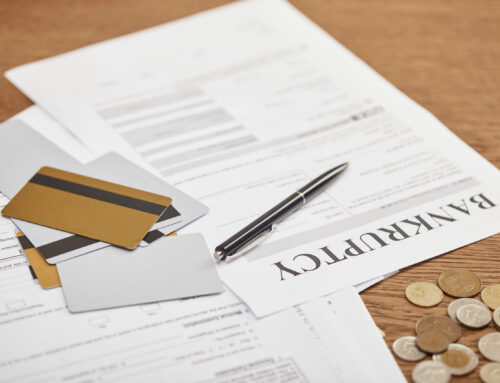

Connect with Us